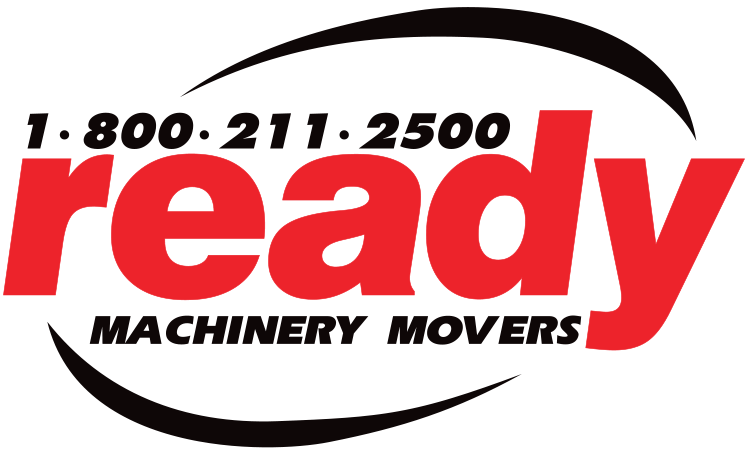So, what are Millwrights, Welders, and Riggers? Firstly, when you select Ready Machinery to take on an equipment or machinery relocation project, you can be safe in the knowledge that it will be performed by experienced, competent employees. Each of our millwrights, welders, and riggers are skilled at performing each aspect of the machinery dismantling and re-assembly process. But what do each of these roles entail?
Here’s a description of each role and how they can help to fulfil any projects or requirements you may have:
Millwright
Millwrights specialize in the installation, maintenance, and repair of industrial machinery and equipment. They work in various industries, such as manufacturing, construction, power generation, and more. They are responsible for assembling, disassembling, and relocating machinery. Their work often involves precision and requires expertise in reading blueprints. They also use hand and power tools, aligning and leveling equipment, and ensuring that machinery operates efficiently and safely. Millwrights may also be involved in troubleshooting and diagnosing issues. Additionally, performing routine inspections, and implementing preventive maintenance measures to keep machinery in optimal condition. The work of a millwright does require a combination of mechanical aptitude, technical knowledge, and problem-solving skills.
Welder
A welder specializes in joining materials, usually metals, through the process of welding. Welding involves the application of heat to melt and fuse materials. Typically using a filler material, to create a strong and durable joint. Welders primarily operate in construction, manufacturing, shipbuilding, the automotive industry, and more. They utilize a variety of techniques. These consist of arc welding, MIG (Metal Inert Gas) welding, TIG (Tungsten Inert Gas) welding, and oxy-acetylene welding, among others. The specific method used depends on the type of materials being joined and the requirements of the project. Welders are also responsible for interpreting blueprints and specifications. Preparing materials, setting up welding equipment, and ensuring the quality and integrity of the welded joints. Safety is a critical aspect of welding, and welders must use appropriate personal protective equipment (PPE). They must also follow safety procedures to prevent accidents and ensure a secure working environment.
Riggers
Riggers specialize in the lifting, moving, and positioning of heavy objects and equipment using rigging equipment and techniques. This will usually involve the use of ropes, chains, cables, slings, and other tools to secure and maneuver loads safely. Rigging is a critical aspect of various industries, including construction, manufacturing, shipbuilding, and entertainment. Riggers assess the weight and dimensions of loads, determining the appropriate equipment, and planning the lifting process. They may work closely with crane operators to ensure that loads are lifted and moved safely and efficiently. In addition to working with cranes, riggers may use other equipment such as hoists, pulleys, and winches to move heavy items horizontally or vertically. Riggers must adhere to strict safety protocols and regulations to prevent accidents and injuries. The work requires a combination of physical strength, technical knowledge, and problem-solving skills.
Whether you require the services of one of these roles for a project, or if you’re looking to enter the profession yourself, Ready Machinery Movers are here to provide all the services you need and to point you in the right direction!
